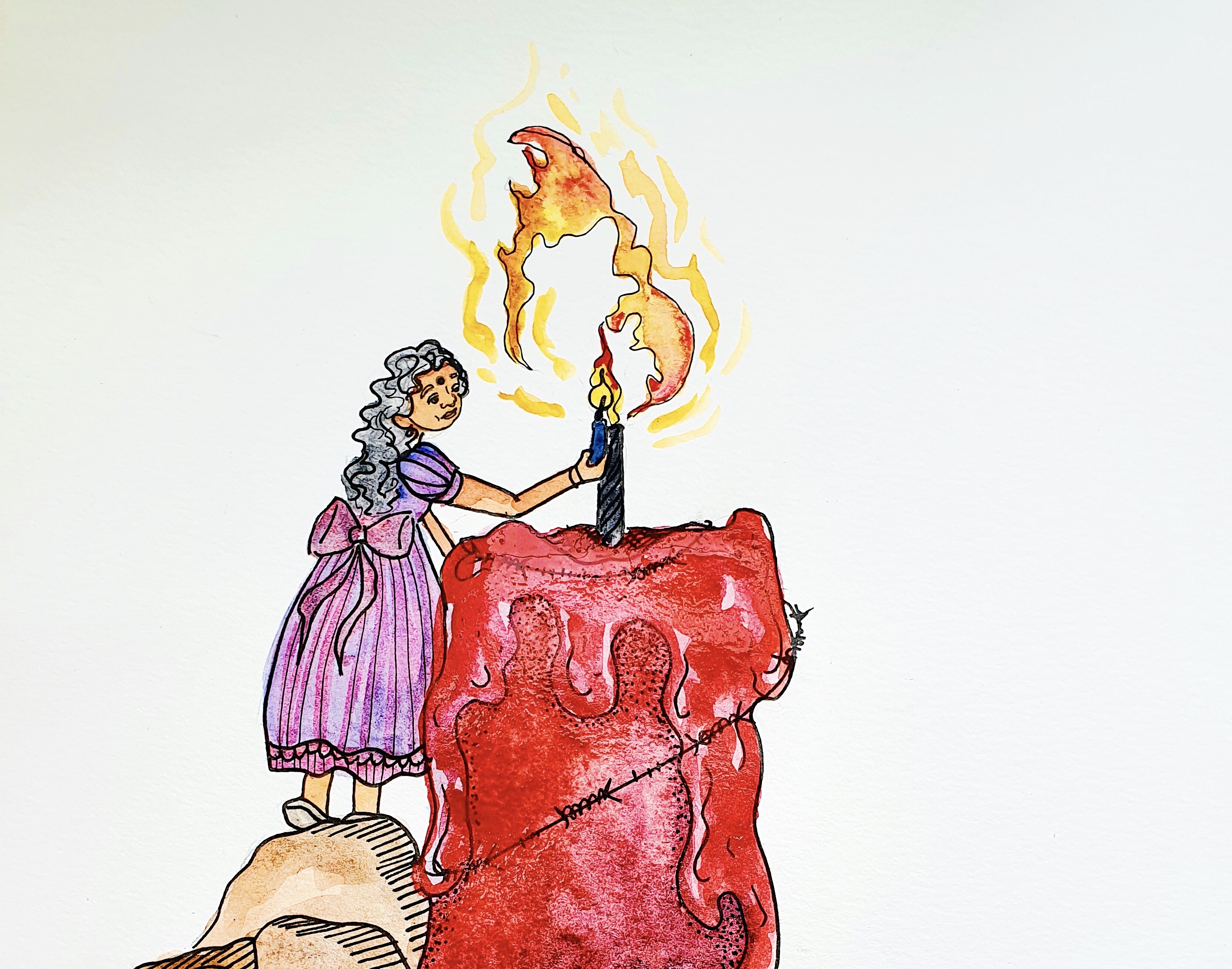
Today marks yet another year when Tamils across the island, and around the world, light candles, lay flowers and bow their heads to commemorate the massacres at Mullivaikkal. Eleven long years have now passed since the atrocities that marked the zenith of Sri Lanka’s genocide. Yet with no justice, no accountability and no political solution, the wounds of 2009 remain fresh.
The world may currently seem like a very different place from then, with states across the globe grappling with the coronavirus pandemic. Indeed, there have been shifts in politics and momentous global events since. The island, however, remains stuck in virulent cycles of ethnic violence and ever-deepening fault lines.
More than a decade on from Mullivaikkal, Sinhala Buddhist chauvinism wields even greater influence and the Sinhala state’s stranglehold over the Tamil people is even tighter. Despite the semblance of a slowdown in the pace of repression with a change of regime in 2015, the Sinhala nationalist project steadily pressed on, intensifying since November. A Rajapaksa regime is back in office, this time with an alarming collection of alleged perpetrators of abuses and corrupt bureaucrats in key roles. Tens of thousands of soldiers remain occupying the North-East, with rampant militarisation of civilian life continuing to expand. War criminals are not only still roaming free, but are being pardoned, promoted and propelled into the highest positions in government.
There is nothing normal about this. Sri Lanka has lurched further into a militarised ethnocracy, with a war criminal who directed massacres and oversaw white van abductions, at its helm. For the Tamil people, everyday is still an occupation - as the shooting of a Tamil youth and the hospitalisation of three Tamil women by security forces in the last few weeks alone show. The island remains in a constant state of crisis with the threat of violence an everyday reality.
This was not what the international community had envisaged for Sri Lanka. After the end of the armed conflict, the island has not been pressed into reforming towards a liberal, plural democracy, as Tamils were repeatedly told it would. Years of international diplomacy that timidly appealed for incremental reforms, alongside blinkered support from Tamil National Alliance politicians, have resoundingly failed to deliver. Domestic processes for accountability, constitutional reform and even for simply answering questions on the fate of the disappeared, have come to the same dead ends as those before them.
For the Tamil people this is entirely unsurprising. But for the international community, there is serious reckoning to be done. A lack of concrete action with punitive measures has allowed Sri Lanka’s ethnocracy to fester unchecked. An entire generation of Tamils has now grown up not knowing the fate of their loved ones, but instead knowing only a military occupation. Just as the international community failed the Tamils in 2009, more than a decade later, it is continuing to fail them.
The magnitude of loss of 2009 remains immeasurable. Indeed, the atrocities have now been extensively documented in UN reports and resolution, studied in dozens - if not hundreds - of NGO publications, written about in books and documented in films. There is no question over the horror of the crimes committed. And though they form just one chapter in a long and bloody history of Sri Lankan state repression, Mullivaikkal in particular remains etched on to the Tamil national consciousness.
Faced with eleven years of this international chicanery and continued Sri Lankan militarism, the resilience of the Tamil nation is remarkable. Tamil nationalist politics, which some foresaw would be crushed at Mullivaikkal is not just still alive, it is growing and holds more weight than ever before. Just as commemoration events today have found ways to take place despite the global pandemic, so too has Tamil nationalist politics innovated and evolved in the last decade. Tamil demands for justice and accountability have grown louder through protests and activism, in the homeland and in capitals around the world. Even today, as the security forces continue to threaten activists and halt commemorations, candles are being lit defiantly in homes and sites across the North-East.
As we mark yet another sobering anniversary, the Sri Lankan state has signalled how it intends to shape the months and years ahead, continuing its violent pursuit of Sinhala Buddhist domination across the Tamil homeland. But it has not and will not succeed in securing Tamil submission. Nowhere is that resistance encapsulated more than in the tents across the Tamil homeland today, where after years of roadside protests, families of the disappeared will light lamps to remember the dead and continue their rallying calls for justice.
Illustration: Keera Ratnam
